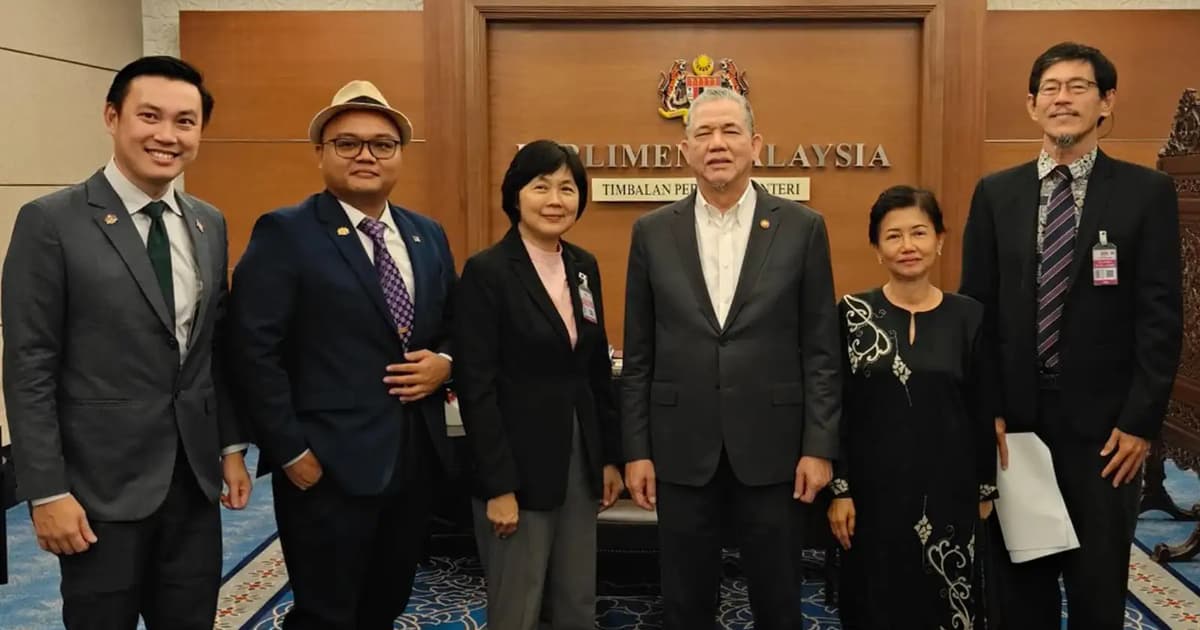
A sustainable development coalition has called for the proposed Urban Renewal Act (URA) to require close to 100% or no less than 95% of residents’ consent for redevelopment of a project.
Kuala Lumpur Residents Action for Sustainable Development Association (KLRA+SD) presented its suggestions to deputy prime minister Fadillah Yusof at his office in Parliament today, ahead of the bill’s first reading scheduled for next week.
KLRA+SD also called for limits in the use of land acquisition procedures, which it says might be misused to evict the minority of residents who disagree with redevelopment plans.
The group’s policy adviser, Hun Jun Siew, told FMT that both mechanisms should be enshrined in the letter of the URA itself to better protect residents’ rights.
“We told the DPM that land acquisition should only be done in exceptional cases, for example, when a resident has passed away and the next of kin cannot be located,” he said.
He said KLRA+SD also suggested that the URA require residents who disagree with redevelopment plans be compensated the same amount as those who agree.
The compensation should exceed the value of their property at the time, and they should be allowed an opt in if they previously disagreed.
Hun said the groups also proposed to Fadillah that environmental, social, and traffic impact assessments be mandatory for redevelopments, and that they should be carried out by an independent party like PLANMalaysia.
“Fadillah took our suggestions in good spirit and said that he will feed it back to the housing and local government ministry.
“We are not against renewing dilapidated areas in the city, but they should be done while still ensuring the rights of all residents,” he said.
The proposed legislation is being spearheaded by the housing and local government ministry as necessary to overhaul existing outdated legislation and regulations governing the redevelopment of dilapidated urban areas.
However, critics have pointed to the lowered consent threshold, saying it may undermine the rights of residents in the minority by forcing them to comply with the majority of residents who wish to have their areas redeveloped.






